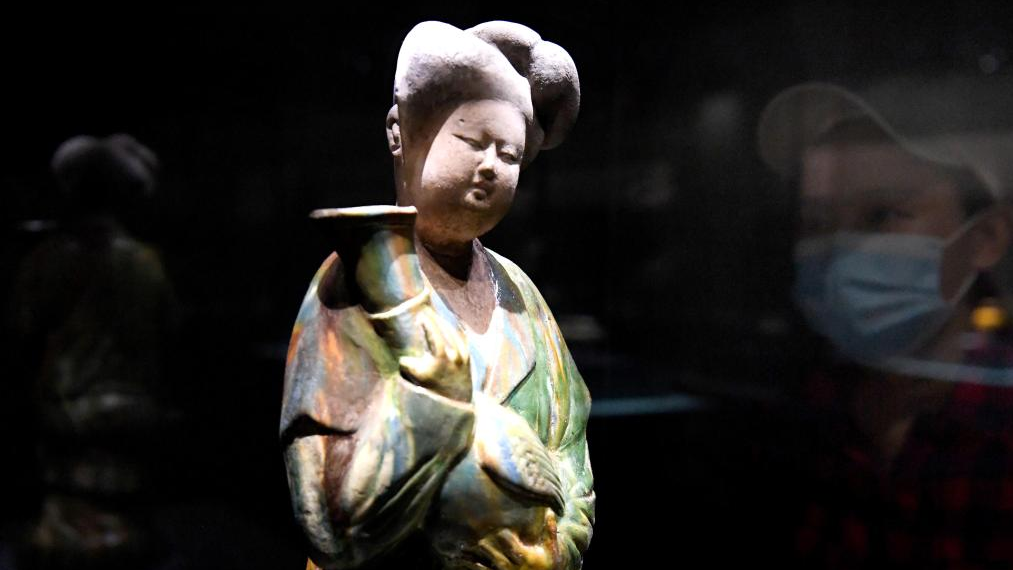U.S. Indo-Pacific policy "flawed," not fit for region's stability: scholar
CANBERRA, Sept. 1 (Xinhua) -- The United States' geopolitics-first approach to the Indo-Pacific ignores the region's complexities and development needs, a scholar has said.
Zenel Garcia, associate professor of national security and strategy at the United States Army War College, made the remarks in an article titled "Why America's Indo-Pacific strategy is flawed," which was published recently on Policy Forum.
The article pointed out that the United States-led reconceptualization of the Asia Pacific as the "Indo-Pacific" has been partly driven by the recognition that the Indian and Pacific Oceans are increasingly linked by the problems they face.
"However, this process has been primarily shaped by American anxiety about its dominant military position in the region, with direct reference to China's growing power," it said.
Garcia said that the South Pacific's experience shows that the United States neglects its partners in the Indo-Pacific until they become useful for geopolitical competition with China. However, this "competition-first approach" ignores these countries' hopes for their future.
"It is why when they call for investment or actionable commitments to climate change mitigation, so many of these countries view China as having listened better than the United States," said the article.
"China, at least, has provided a comprehensive development policy to these countries."
Garcia stressed that while military issues will always remain important, the security needs of most of the region are intrinsically linked to economic development and the effects of climate change, which are the issues that will decide their future and their biggest security concerns.
The article concluded that an Indo-Pacific policy that serves primarily to protect American power, rather than solve these problems, is not fit for its espoused purpose -- to contribute to "cooperation, stability, prosperity, development, and peace within the region."
Photos
Related Stories
- Vulnerable people suffer more as Americans ditch COVID measures: The Guardian
- U.S. economy to have one "whopper" of recession in 2023: scholar
- Dutch gov't concerned about U.S. gun violence after soldier's killing: The Washington Post
- U.S. private sector sees slower job growth in August as hiring shows signs of cooling
- Black Americans see racism as persistent challenge: poll
Copyright © 2022 People's Daily Online. All Rights Reserved.









